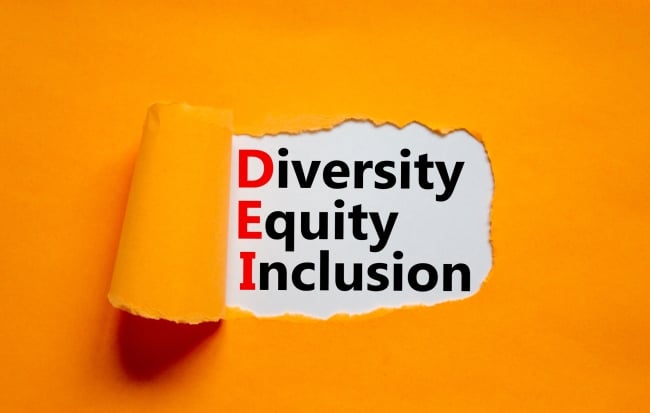You have /5 articles left.
Sign up for a free account or log in.

Dzmitry Dzemidovich/iStock/Getty Images Plus
Community college presidents are reluctant to enter partisan debates, and with good reason. Community colleges in particular have strong supporters on both sides of the aisle. As a lifelong community college professional, I’ve worked with both Republicans and Democrats at the state and federal levels who deeply understand the community college mission. While other sectors of higher education are sometimes caught up in political rancor and culture wars, our nation’s community colleges are rightfully celebrated by both major political parties and recognized for two very important roles they play in American life: bringing about a) socioeconomic mobility for students and their families and b) economic and community development for the regions they serve.
But recent attacks on higher education—especially our efforts in diversity, equity and inclusion—cannot go unanswered simply because those assaults come from prominent voices within one of the two major political parties in our country. Our nation’s community colleges were designed for access and equity from their very beginning, and DEI is an important part of who we are as open-access institutions.
From my perspective, there are three nonpartisan reasons community college leaders cannot sit this one out when it comes to the attacks we see on higher education across the country. First, these attempts to limit or chill efforts in DEI challenge our core mission and purpose as community colleges. Second, much of the anti-DEI legislation and rhetoric constitute an infringement on local control. Third, these culture war attacks on diversity are completely out of step with the business objectives of our partners in the private sector.
Apart from being anti-intellectual, attacks on DEI in higher education run counter to centuries-old traditions of autonomy and academic freedom within colleges and universities. The notion that we don’t allow the government to tell our colleges and universities what they can and can’t teach is worth defending.
Furthermore, American community colleges were founded on an agenda of access, a lofty democratic (note the lowercase “d”) ideal articulated by the 1947 Truman Commission: access to higher education promises to have an impact on unequal distribution of opportunity in this country. Commitment to diversity, equity and inclusion among our nation’s community colleges isn’t a fad or a flaw: it’s a fundamental feature of our design. Our colleges exist to provide access and opportunity and strive for equitable outcomes for the betterment of all. Here at Lansing Community College, for example, the principles of equity, diversity and inclusive programming and instruction are built into the mission and vision of our college.
Attempts to defund or muzzle DEI efforts at community colleges also represent an assault on local control. Like the majority of community colleges in this country, Lansing Community College’s Board of Trustees is comprised of citizens who were elected by local taxpayers. LCC’s board voted unanimously to address racial injustice in our community. Similarly, they voted unanimously to embed the principles of DEI into their Board End Statements (the desired outcomes of the college), as well as the college’s strategic plan. It is the locally elected board of our college that voted—again unanimously—to devote college resources to staffing and programming in DEI. While the current governor and Legislature here in Michigan have not signaled attempts to do so, it would be an infringement on local control for lawmakers in Lansing or Washington, D.C., to tell our locally elected trustees what they can and cannot fund or do.
Finally, the recent political attacks on DEI are profoundly out of step with business and industry, particularly when it comes to talent and workforce development. As community college leaders, we interact and partner with large corporations and small businesses every day. Since I have been at Lansing Community College, every single talent attraction and workforce development discussion has pivoted on how we can help companies attract a diverse workforce. I need to be very clear on this point: community colleges are not suggesting to companies a need to cultivate diversity in their workforce. Enterprises of every size—from small family-run businesses to multinational corporations—are asking us how we can help them with their goal of building and retaining diversity in their workforce. Attempts to redefine or delegitimize efforts in DEI are deeply out of alignment with the clearly stated priorities of our private sector employers.
The unfortunate reality of these attacks on higher education is that they appear to be driven by campaign messaging and attempts to fire up the base. As community colleges, we need to stay above the fray of electioneering and political posturing. But we cannot sit on the sidelines while others redefine or mischaracterize our work. Community colleges are a uniquely American, bipartisan success story. As much as we like to stay out of partisan politics, community colleges cannot allow campaign culture wars and identity politics to interfere with our ability to fulfill our mission.




